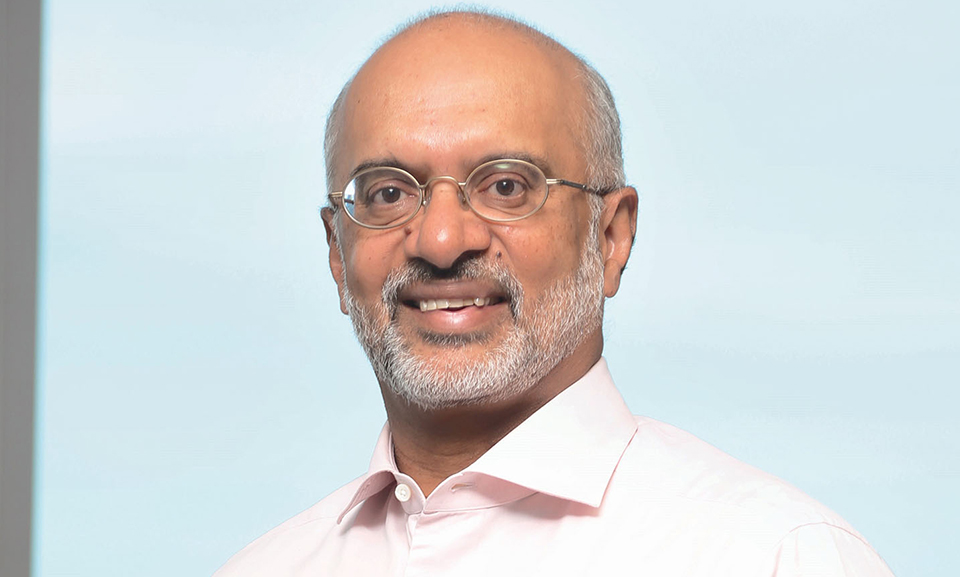On Monday, Singapore’s DBS Bank posted a S$2.63 billion ($1.95 billion) profit for the three months to the end of September, up 18% year on year, with nine-month net profit up 35% to S$7.89 billion.
Return on equity was a record 18.6%. Total income for the quarter: up 16% to S$5.19 billion. The non-performing loan ratio is stable at 1.2% against the backdrop of a sturdy economy. The cost-to-income ratio is down 1 percentage point from the previous year, to 39%.
For once though, it was not the rude health of the data served up by the Lion City’s most outward-facing lender that caught the eye, but the humble pie on which senior bank officials were forced to feast, following yet more service outages that have left customers frustrated and regulators seething.
Since the start of the year, DBS has suffered five disruptions to its daily operations – following a similar outage in 2021.
DBS is still one of the most advanced and ambitious lenders around, led by a confident and charismatic CEO
On March 29, its digital banking and payment services were unavailable for 10 hours. On October 14, a data-centre glitch left customers unable to withdraw money or access accounts online, also for hours.
In the wake of the second event, Monetary Authority of Singapore (MAS) managing director Ravi Menon called the frequency of outages and slow pace of recoverability “unacceptable”.
The bank’s leading lights have had little choice but to agree.
On Monday, in his third-quarter trading update, DBS chief executive Piyush Gupta said his team was “truly sorry” and pledged to “dedicate” themselves to addressing the series of digital disruptions.
A few days earlier, chairman Peter Seah apologised on behalf of the board and admitted the bank had “fallen short of our own standards”.
Senior management, he added, “will be held accountable, and this will be reflected in their compensation”.
Reviews
The bank has set aside S$80 million to boost system resiliency.
To its credit, DBS acted almost as soon as the first, hours-long outage hit. In March, the board set up a four-person committee, led by lead independent director Olivier Lim, to carry out a full review. Accenture was then tasked with carrying out a parallel review of the bank’s digital services, including its technology stack and control processes.
DBS responded on November 1 with a 1,700-word dual-purpose apology for the mistakes perpetrated and a roadmap to a hopefully fault-free future. It highlighted four key “gaps and deficiencies” identified by Accenture’s review.

Rightly, “technology risk governance and oversight” is the first defect named.
The bank pledged to set up a new committee to oversee technology risk and to enhance independent checks and balances by transferring oversight of technology risk management to DBS’s risk-management group, which reports up to chief risk officer Soh Kian Tiong.
It has also split the technology and operations function into two, separate units “to allow for dedicated management oversight of each”.
Current chief information officer and group head of T&O, Jimmy Ng, will take the role of group head of operations.
Links in its digital platform will be decoupled, so that if one payments system breaks down, others remain active.
These are telling actions by a bank jarred and shaken by recent events. DBS is not the only bank to suffer such outages.
Not alone
In April, Tharman Shanmugaratnam – then MAS chairman; today, the country’s president – said the seven domestic systemically important banks that served the bulk of Singapore’s retail customers, a list that includes HSBC, Citi and DBS, had reported 17 disruptions lasting “more than one hour” to their digital services since 2018.
But DBS is the most internationally visible of Singapore’s domestic lenders, and the fallout will reverberate for some time yet.
Since the start of 2022, the financial regulator has imposed penalties on DBS, including higher capital requirements, worth S$1.6 billion, for similar outages. It has also barred it from buying stakes in other financial institutions until May 2024, a blow for an acquisitive operator that recently bought Citi’s consumer business in Taiwan and is keen to add to its 13% stake in China’s Shenzhen Rural Commercial Bank.
Since Gupta was appointed chief executive in 2009, DBS has been utterly transformed, turning itself into a leading digital financial pioneer. Over the past six years, it was twice named the world’s best bank and the world’s best digital bank by Euromoney.
It is still one of the most advanced and ambitious lenders around, led by a confident and charismatic CEO. But the sudden pivot to focus on instilling greater system resilience, risk governance and oversight, and in reporting and resolving incidents faster, shows the direction of travel for southeast Asia’s largest bank.
For now at least, it is a case of less innovation and more focus on repair – both of systems and reputation.




